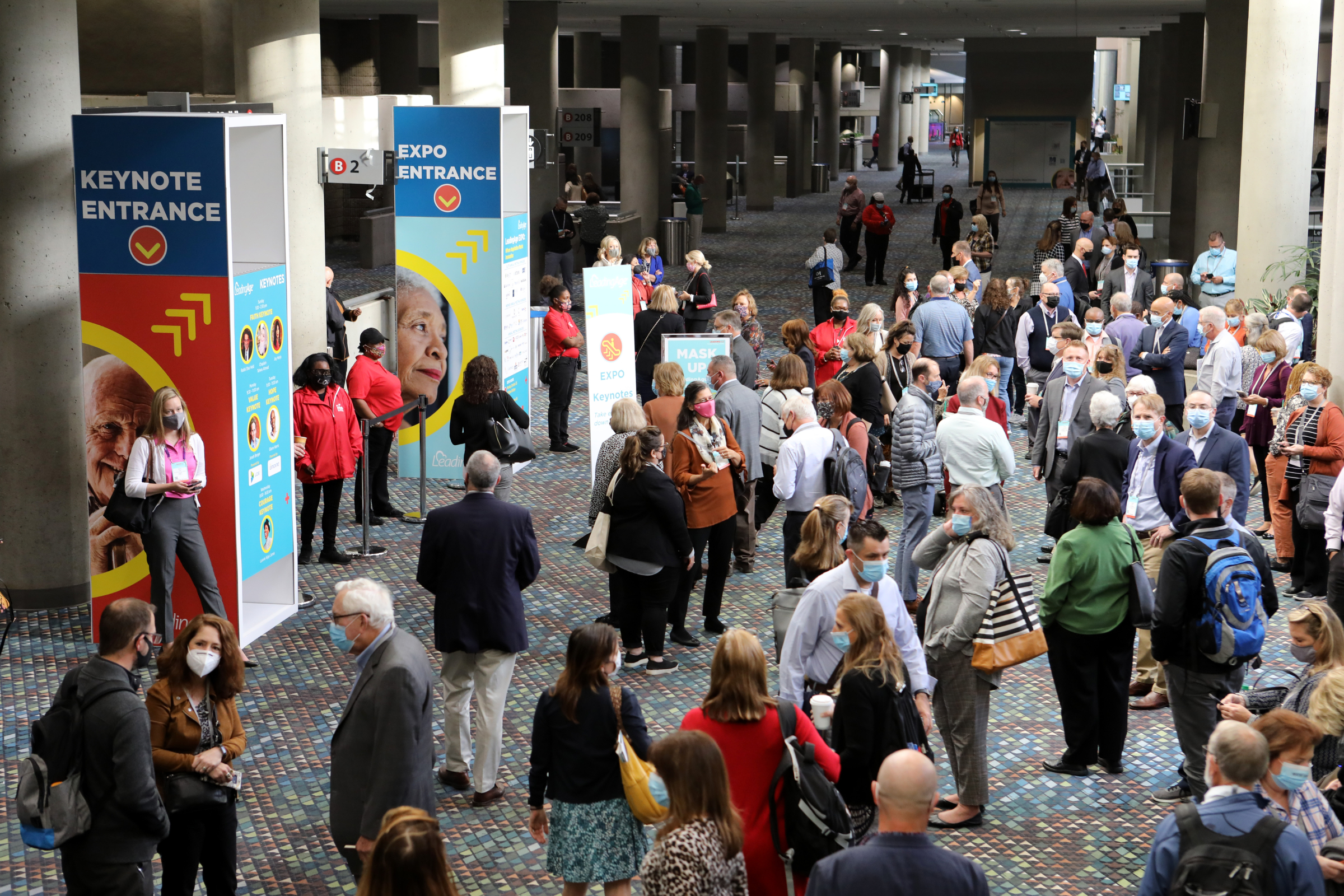2019 Fair Market Rents and Income Limits
2019 Income Limits Released on April 24
HUD typically releases income limits for effect on April 1 each year but is not typically consistent on getting those figures out much in advance. The HUD release dates for the last four years were March 6, 2015, March 28, 2016, April 14, 2017, and March 30, 2018. In 2019, the new income limits were not issued until April 24. It may be that the government shutdown impacted HUD’s ability to release the income limits in time. As in 2017 , the new 2019 income limits have become effective immediately. Income limits for this year and years prior can be found at HUDUser.
How This Affects You
For the most common programs among LeadingAge members, here are your specific limit standards:
- All Section 8 programs use the very low-income or low-income standards, and have a specific PDR Notice/transmittal. Access this year’s income limits here.
- Section 202 elderly or 811 disabled (PRAC) programs use very low-income or low-income standards.
- The Section 236 rental program uses the low-income standard, and shares a PDR Notice/transmittal with the Section 221d3, which uses “95%” of area median income, defined as 95/80ths of low-income definition.
- However, projects financed with Section 42 Low Income Housing Tax Credits (LIHTC) or section 142 tax exempt private equity bonds should use the Multifamily Tax Subsidy Project Income Limits available at Multifamily Tax Subsidy Project Income Limits.
Another useful resource in this area is the Novogradac Rent & Income Limit Calculator©
Fair Market Rents
HUD has just announced the revision of Fair Market Rents (FMRs) in 10 Areas, particularly for the use of Housing Choice Voucher and Mod Rehab/SROs. This would not typically be a major concern to most LeadingAge members, as FMRs have diminished in importance for multifamily housing providers as contract renewals are now, largely, adjusted annually based on the Operational Cost Adjustment Factor (OCAF) or budget-based adjustment requests capped by Rent Comparability Studies.
But the importance and relevance of FMRs for multifamily housing providers is again on the rise.
Preservation initiatives, such a Rental Assistance Demonstration (RAD), do use FMRs as a measure against which at least initial rents are set. And, notwithstanding, there are still several programs that use the FMR to determine payment standards, including the Housing Choice Voucher program, initial renewal rents for some expiring project-based Section 8 contracts, rent ceilings for rental units in both the HOME Investment Partnerships program and the Emergency Solution Grants program, among others. A threshold of 140% of Fair Market Rent is also used by HUD’s Office of Multifamily Housing in determining whether HUD must perform a Rent Comparability Study or to accept an owner’s submission.
According to the latest data posted on HUDUser (HUD’s data clearinghouse website) revised FMRs in 10 areas – four in Oregon, four in California and two in New England – will take effect April 15. FY19 FMRs in the rest of the country were released earlier.
NOTE: HUD posted a June 6 notice of proposed changes for estimation of Fair Market Rents (FMRs) which would impact the process for estimating rents moving forward. These changes may (based on the draft notice on RAD for PRAC) impact the effective 120% of FMR cap on the RAD converting rent-setting. Early opinions by those who are positioned to do a full assessment of impacts suggest that the new effort to mark FMRs to trending data are generally supportive, as they have noted these changes do not appear to substantially revise the expected FMRs in any area at this time.

Most Recommended
October 15, 2025
 Shutdown Week Three: Impact of Ongoing Closure on Affordable Housing
Shutdown Week Three: Impact of Ongoing Closure on Affordable Housing
February 03, 2026
Fiscal Year (FY) Funding 2026
October 07, 2025
Immigrant Workforce Matching Program Brings Workforce Relief
Recently Added
February 04, 2026
 Colleagues on the Move, February 4, 2026
Colleagues on the Move, February 4, 2026
February 02, 2026



